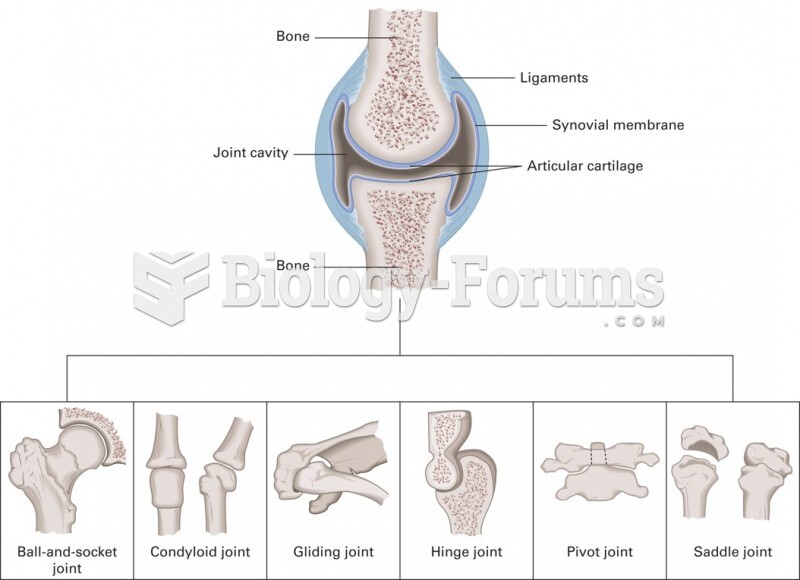Answer to Question 1
In empty-shell marriages, the spouses feel no strong attachments to each other. Outside pressures keep the marriage together rather than feelings of warmth and attraction between the partners. John F. Cuber and Peggy B. Harroff have identified three types of empty-shell marriages. They are:
1. Devitalized relationship: In a devitalized relationship, husband and wife lack excitement or any real interest in each other or their marriage. Boredom and apathy characterize this relationship. Serious arguments are rare.
2. Conflict habituated relationship: In a conflict habituated relationship, husband and wife frequently quarrel in private, or they may also quarrel in public, or they may put up a faade of being compatible. The relationship is characterized by considerable conflict, tension, and bitterness.
3. Passive-congenial relationship: In a passive-congenial relationship, both partners are not happy but are content with their lives and generally feel adequate. The partners may have some interests in common, but those interests are generally insignificant. The spouses contribute little to each other's real satisfactions. This type of relationship generally has little overt conflict.
The atmosphere in empty-shell marriages is usually joyless. Members do not share and discuss their problems or experiences with each other. Communication is kept to a minimum. There is seldom any spontaneous expression of affection. Children in such families are usually starved for love and reluctant to have friends over to visit because they are embarrassed about how their parents interact.
Answer to Question 2
Custody battles between fathers and mothers are becoming common in divorce cases. In the past, courts invariably awarded the woman custody of the children. It is still generally given to the mother, although this assignment is no longer automatic. An increasing number of fathers are requesting custody of their children and are making it known that they resent the sexist bias of many courts, which assumes that a mother is better qualified to raise children. In many states now, children over age 14 are allowed to select the parent with whom they wish to live if that parent is fit.
The recent willingness of courts to award custody to the father has a hidden cost to society. Fathers often threaten a protracted custody battle. As a result, mothers who want custody of their children without a fight are routinely forced to barter custody in exchange for reduced child support payments. Because such payments are so low, these women and their children then qualify for financial assistance with Temporary Assistance to Needy Families (TANF).







